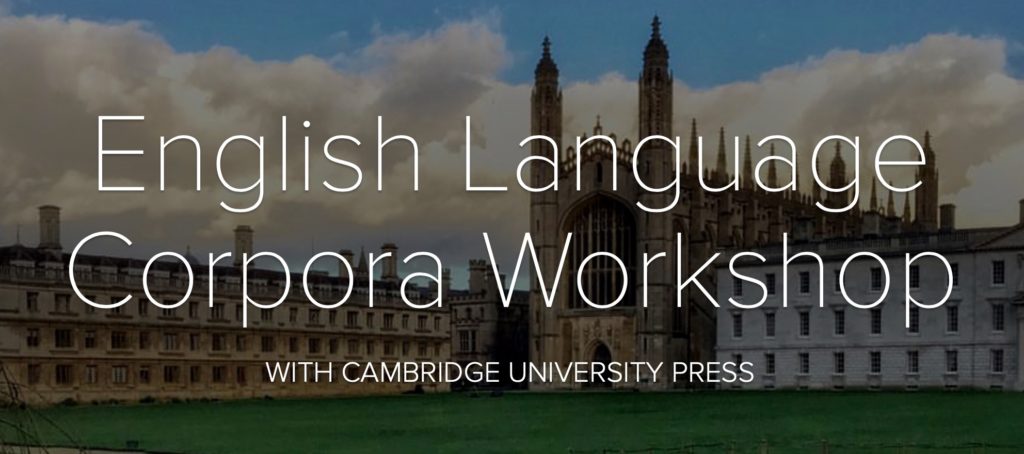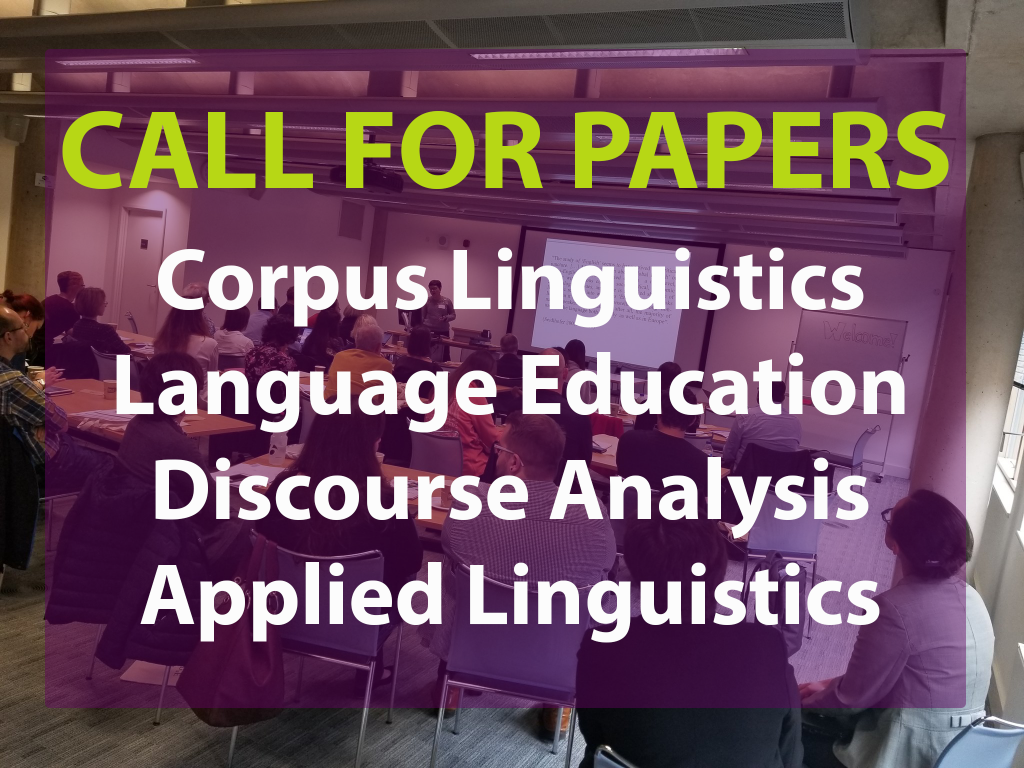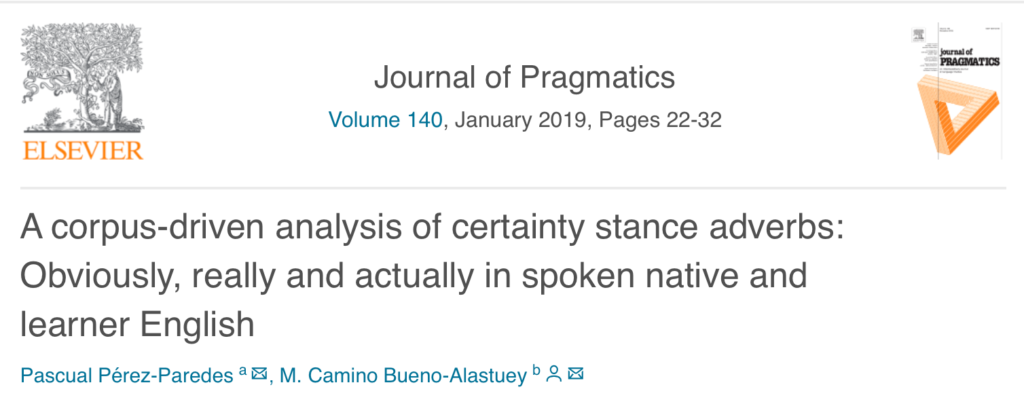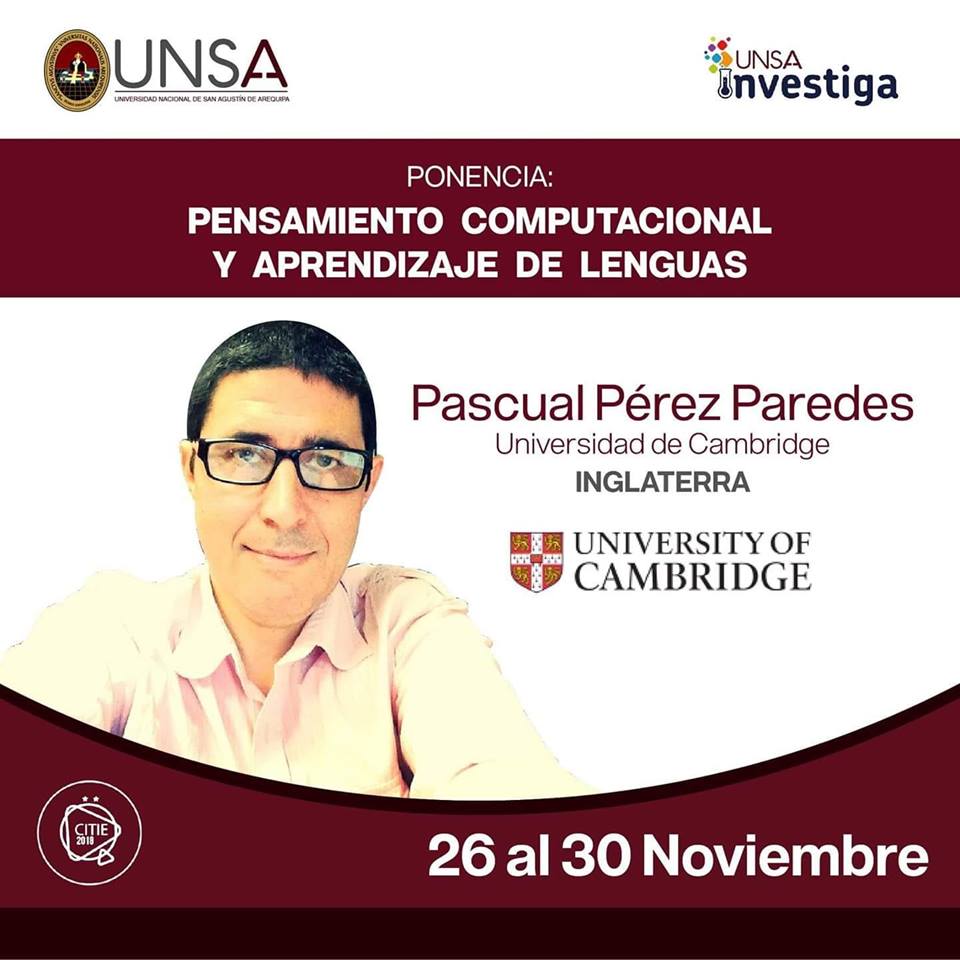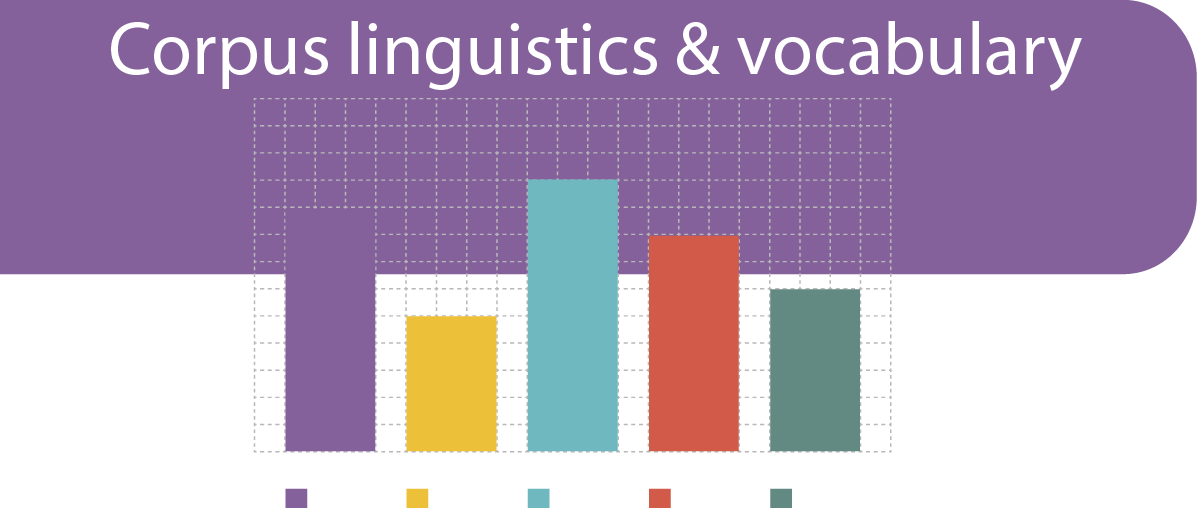Tyler & Ortega (2018: 317):
Quite simply, corpora are the place to look for patterns of usage. Moreover, we believe that in usage-inspired instruction L2 targets should be taught not just because they can be taught – that is, because we have a good linguistic description or can create good materials – but because corpus linguistic investigations of learner language development show them to be actual areas of instructional need.
Tyler & Ortega (2018: 318):
The diversity of learning goals just acknowledged is salutary. But it also carries the danger of encouraging a certain bifurcation of usage-inspired L2 instruction into two separate streams, one that privileges implicit and incidental learning (i.e.,absorbing new patterns of language without trying hard to learn them and without knowing they are being learned) and another that revalorizes explicit knowledge, explicit teaching, and explicit learning, thus going against the grain of suspicion over explicitness in much instructed SLA in the past. However, we do not see the explicit-implicit instructional continuum as a zero-sum game. Usage-based views of language development show that the bulk of language learning happens implicitly. But much of the fine-tuning also happens explicitly with the aid of top-down, conscious processing (Ellis, 2011, 2015). It follows that learning proceeds by dynamic interactions between implicit and explicit processing.
Thus, we argue that the full range of goals for learning needs to be addressed in instructional designs. Ideally, usage-inspired L2 instruction can vary so as to offer learners diverse benefits, including more fluent and more contextually effective language use (e.g., through close attention to meaningful input- and practice-driven implicit learning), greater metacognitive self-regulation for greater autonomy and life-long learning (e.g., through induction and deduction of new understandings of language during explicit, concept-guided, top-down learning), and heightened agency in making connections between language choices and social consequences
so the latter can be empowering (e.g., through ethnographic and corpus analyses of one’s and others’ communicative repertoires that make the social consequences and their language reflexes conscious).
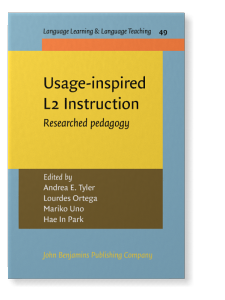
Tyler, A. E., Ortega, L., (2018). Usage-inspired L2 instruction. Some reflections and a heuristic. In Tyler, A. E., Ortega, L., Uno, M., & Park, H. I. (Eds.). Usage-inspired L2 instruction: Researched pedagogy. Amsterdam: John Benjamins Publishing Company, 315-321.
